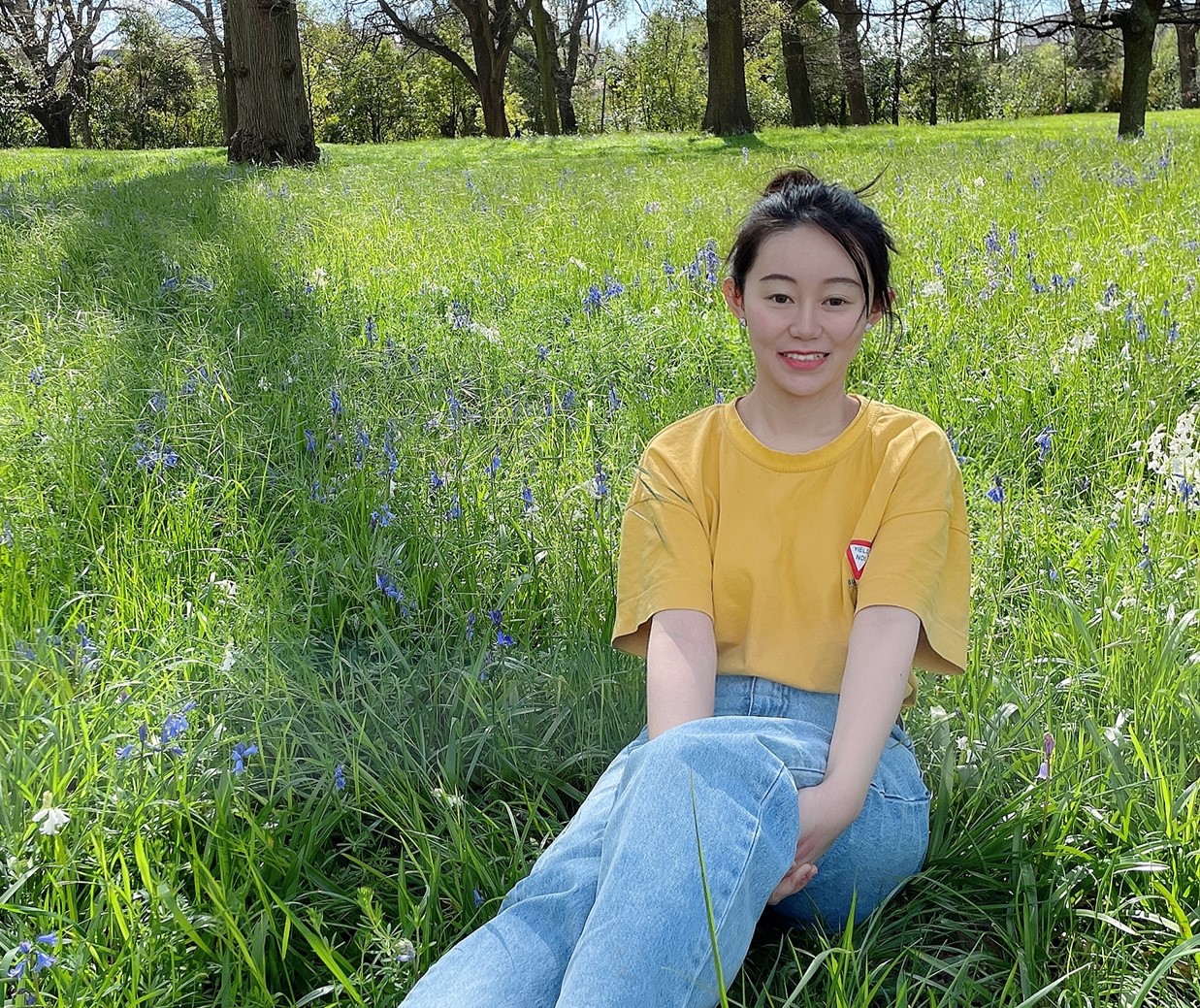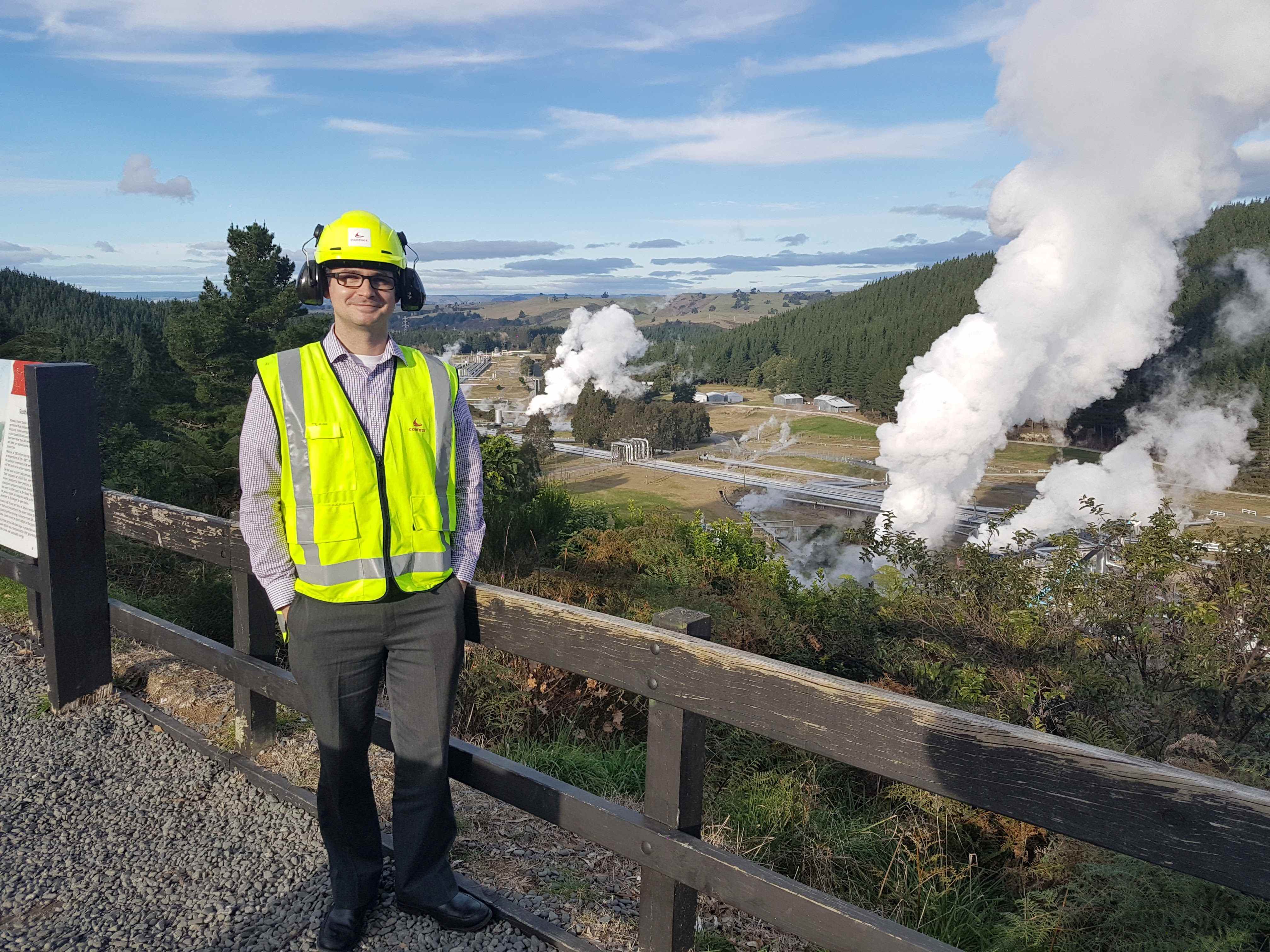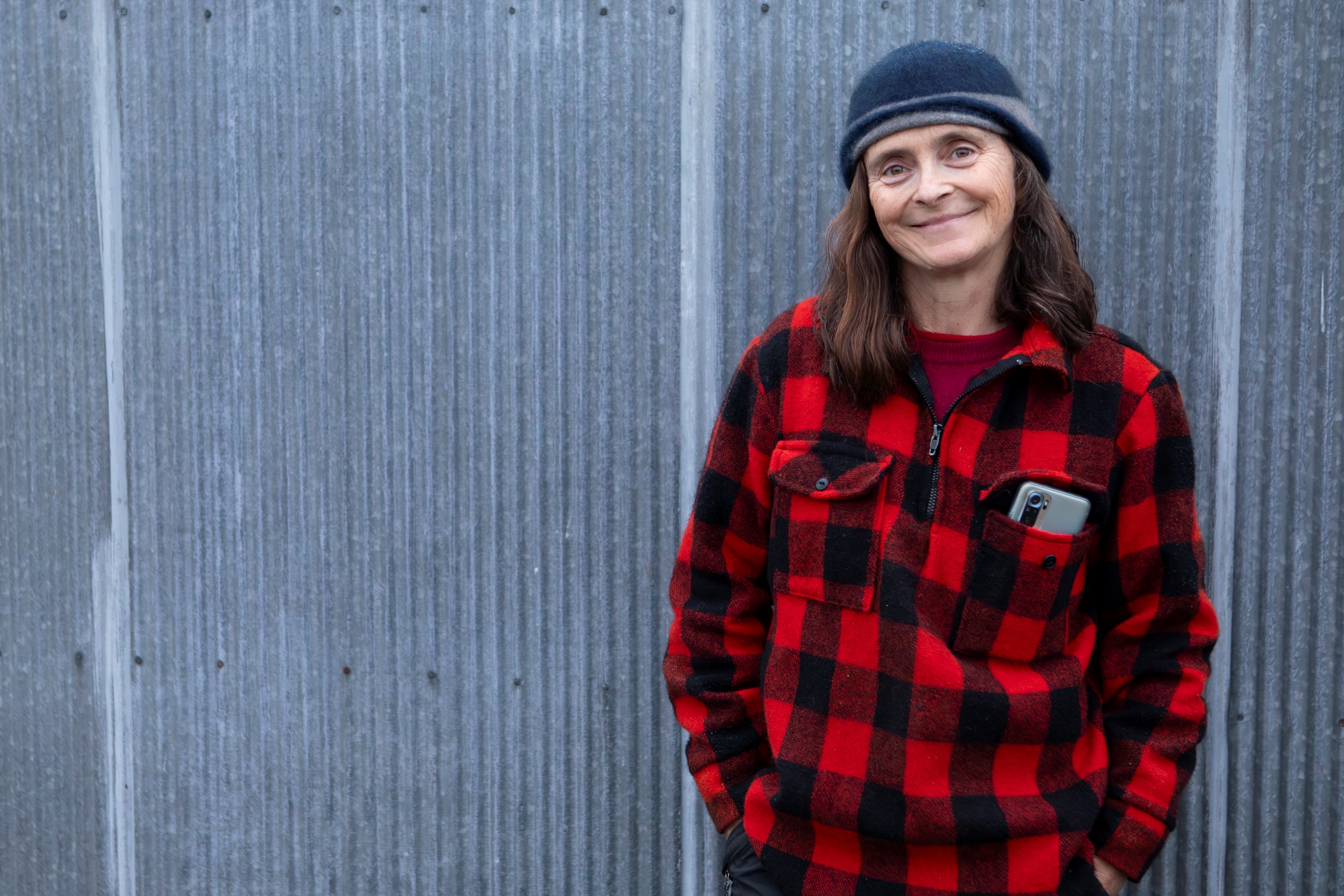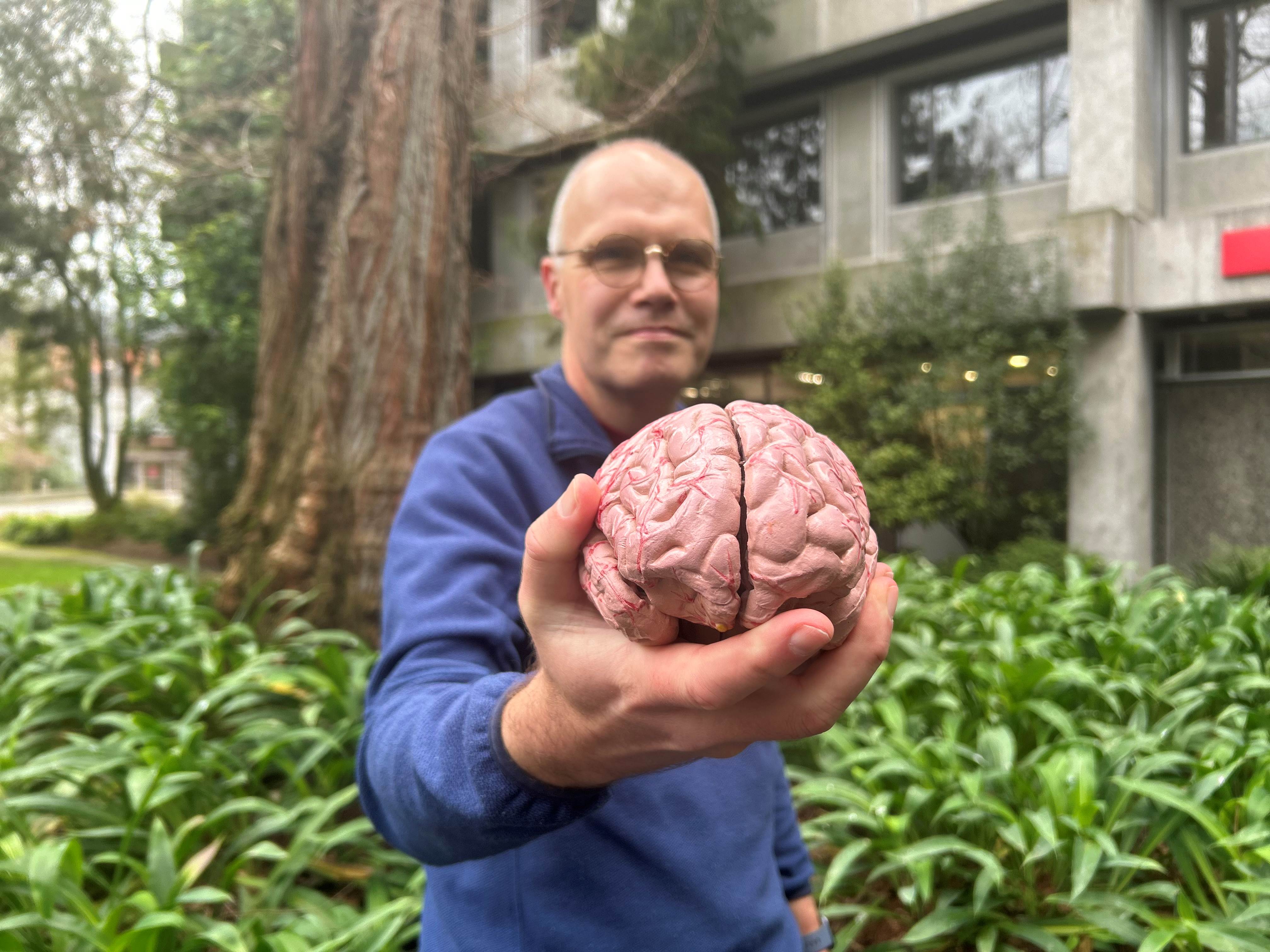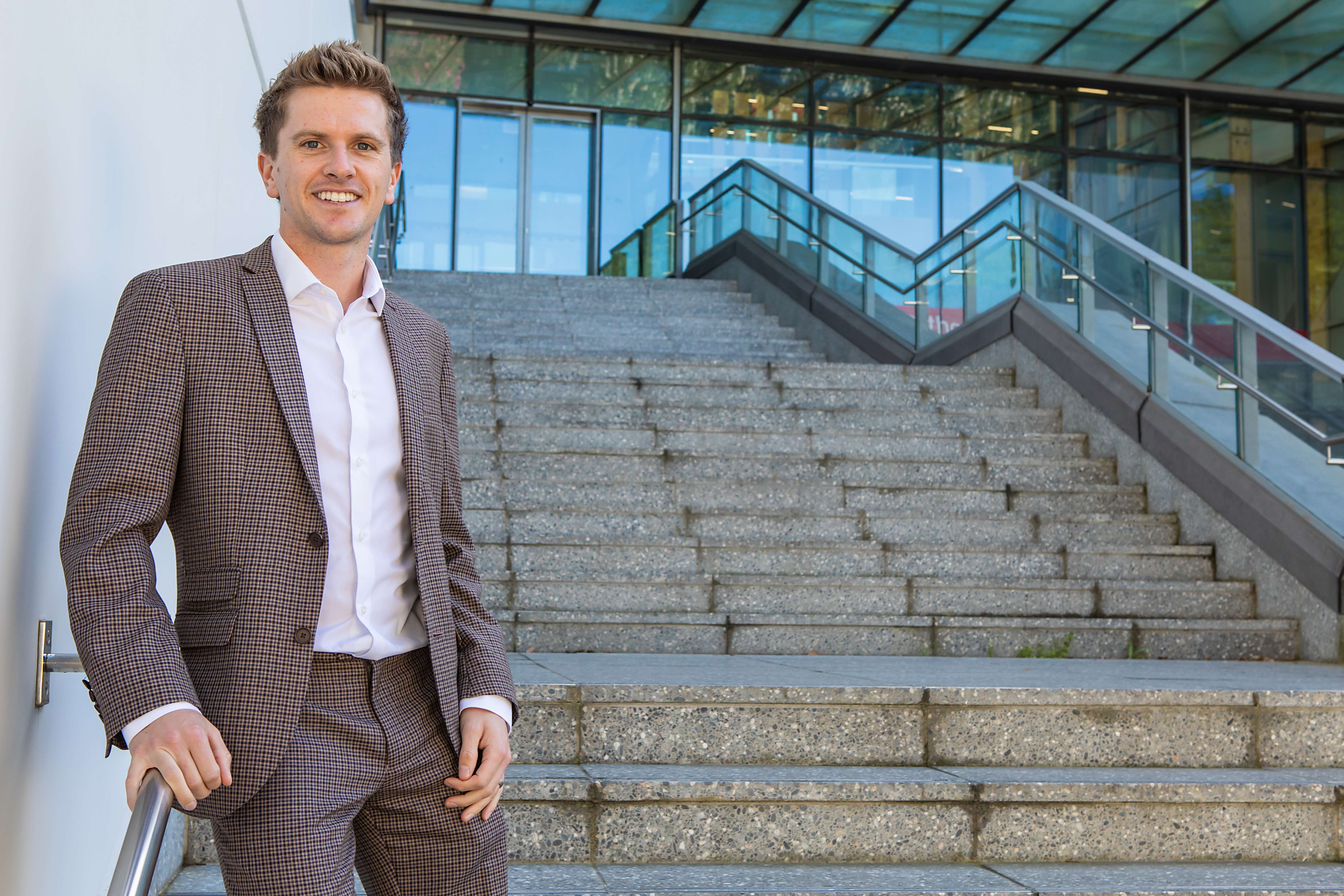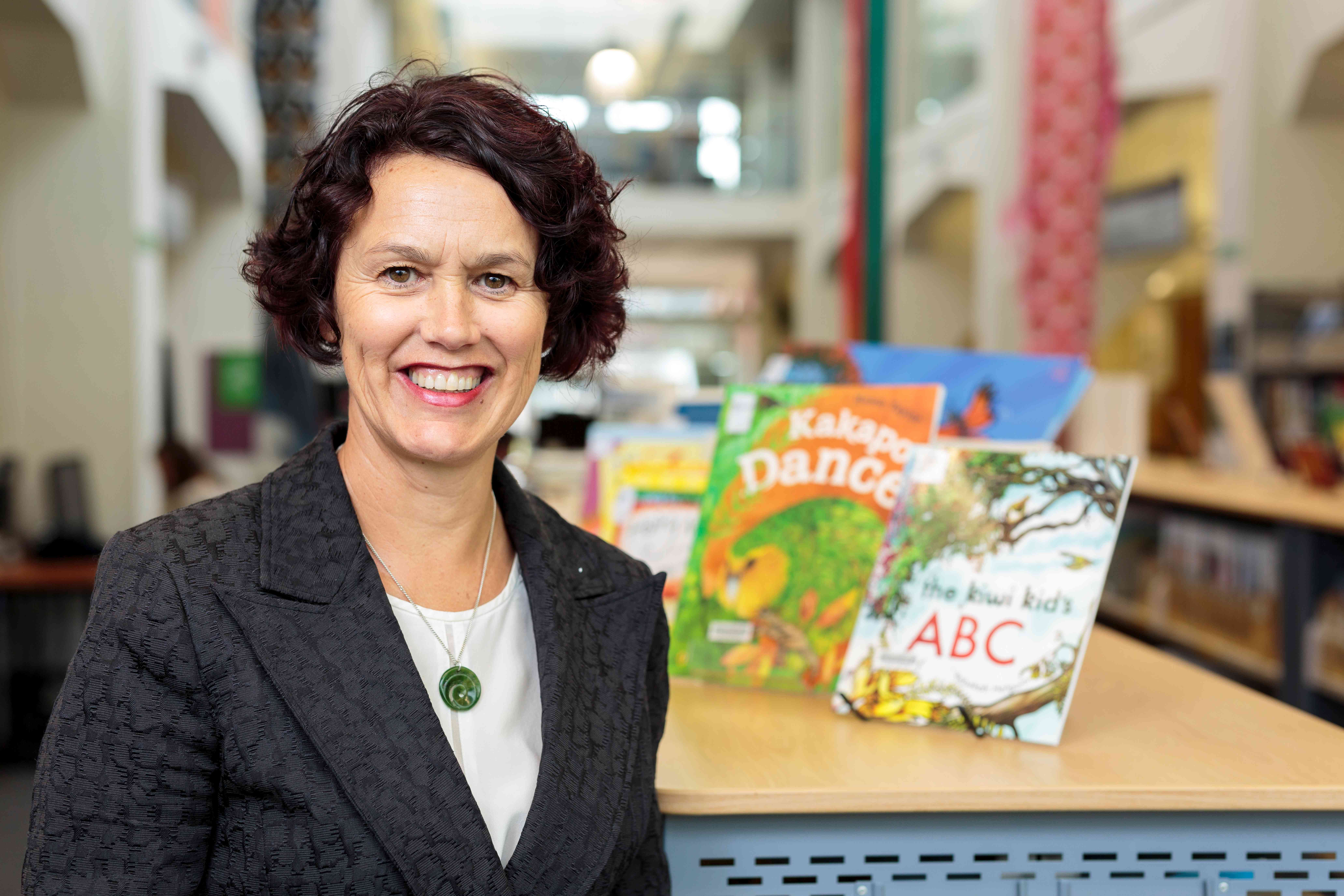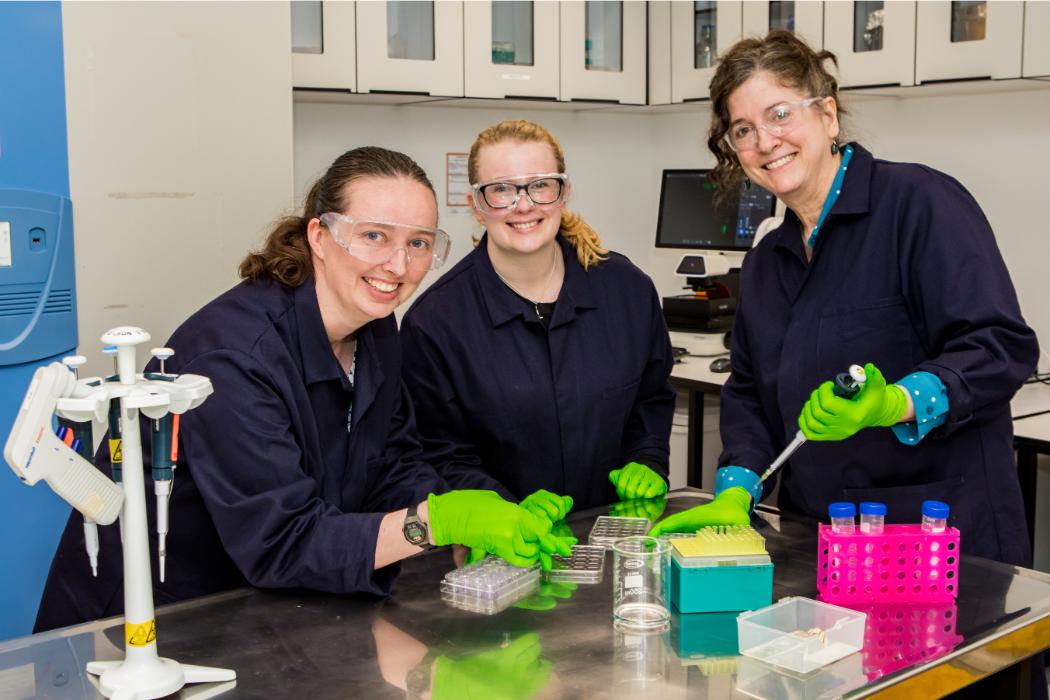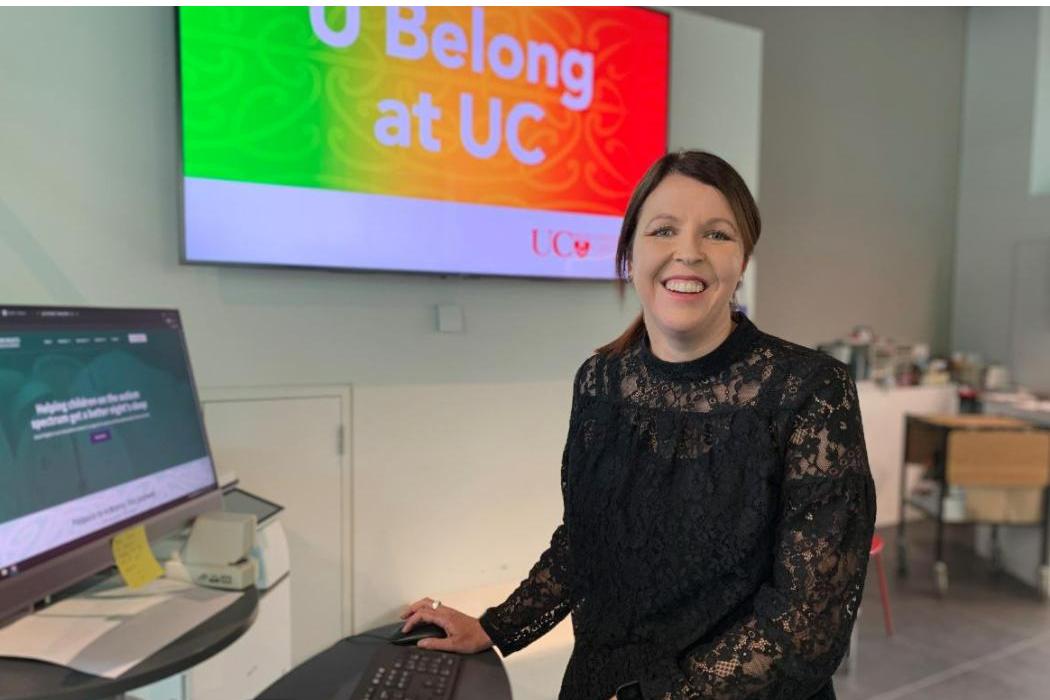Air pollution is recognised as a cause of morbidity but its longer-term and cumulative effects on health are less established. In Aotearoa New Zealand, persistent health inequities exist for Māori who are exposed to poorer environments than non-Māori. Using prospective longitudinal data from a large birth cohort of New Zealanders, the study will examine relations between the extent of air pollution exposure from conception to age 40, and a range of physical, mental-health, and socioeconomic outcomes. We hypothesise higher levels of exposure will be associated with poorer outcomes. This research advances scientific and public health understanding of the health and socioeconomic impacts of air pollution exposure over the life course. It will also inform cross-sectoral policies on the environmental determinants of health and historical causes of inequity.
Investigating the diet–microbiome connection in paediatric coeliac disease
Dr Olivia Ogilvie, Postdoctoral Fellow, Biomolecular Interaction Centre, University of Canterbury, ($229,098, 36 months)
Coeliac disease is an autoimmune disease that occurs in 1/82 Cantabrians – one of the highest rates in the world, making Waitaha Canterbury an interesting place to study coeliac disease. The coeliac immune reaction is activated when gluten is digested, releasing a cocktail of smaller proteins (peptides). This research will investigate how the microbiome impacts the digestion of gluten and changes the gluten peptide cocktail. Clinical stool samples will be obtained from an existing fluids library from children with and without coeliac disease, and duodenal samples from gastrointestinal biopsy. Research success will improve the diagnosis, management and identify risk factors for coeliac disease, benefitting children, their families and clinicians by providing quantitative disease metrics and fundamental knowledge on disease activation.
Older informal caregiver experiences following the Covid-19 pandemic in Aotearoa
Dr Shinya Uekusa, Sociology Lecturer, University of Canterbury, ($233,907.64, 24 months)
Informal caregivers play a vital role in the healthcare and social services in Aotearoa. However, their unpaid labour is undervalued, and challenges associated with caregiving during the pandemic are understudied. Earlier studies have shown the negative impacts of the pandemic on informal caregivers due to a misfit of increased care demands and limited resources, reaffirming the factors associated with their heightened vulnerabilities during disasters. However, some caregiver voices, especially Māori and rural dwellers, remain unheard, and there is little understanding of their immediate and long-term pandemic responses and experiences. This qualitative research takes a bottom-up approach to explore the experiences of older informal caregivers and understand what helped and hindered their ability to continue providing care in the face of the COVID-19 health and social crisis. By conducting up to 100 in-depth interviews with informal caregivers across Aotearoa, this research will develop new knowledge and inform more caregiver-centred policy and practice recommendations.




